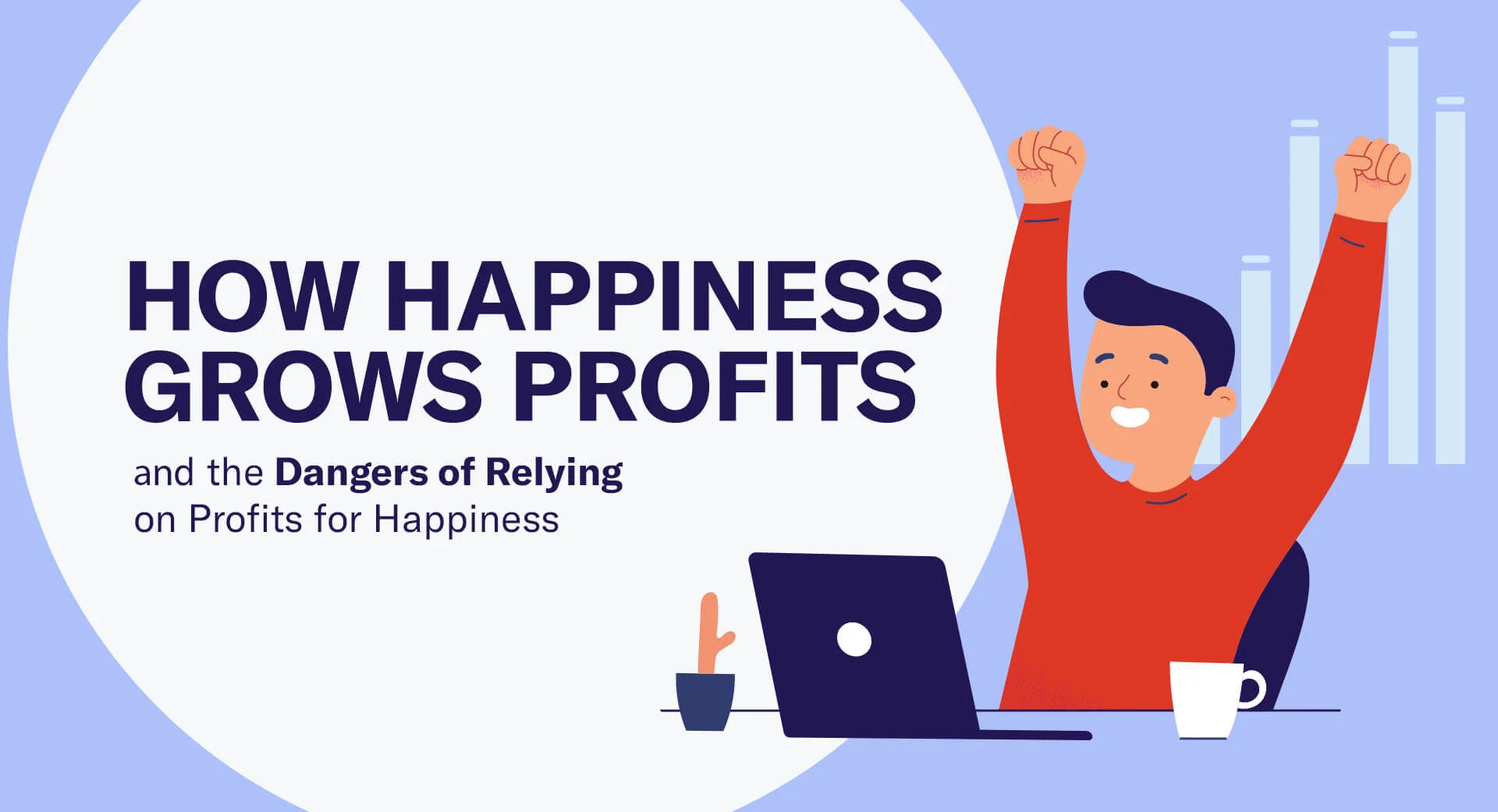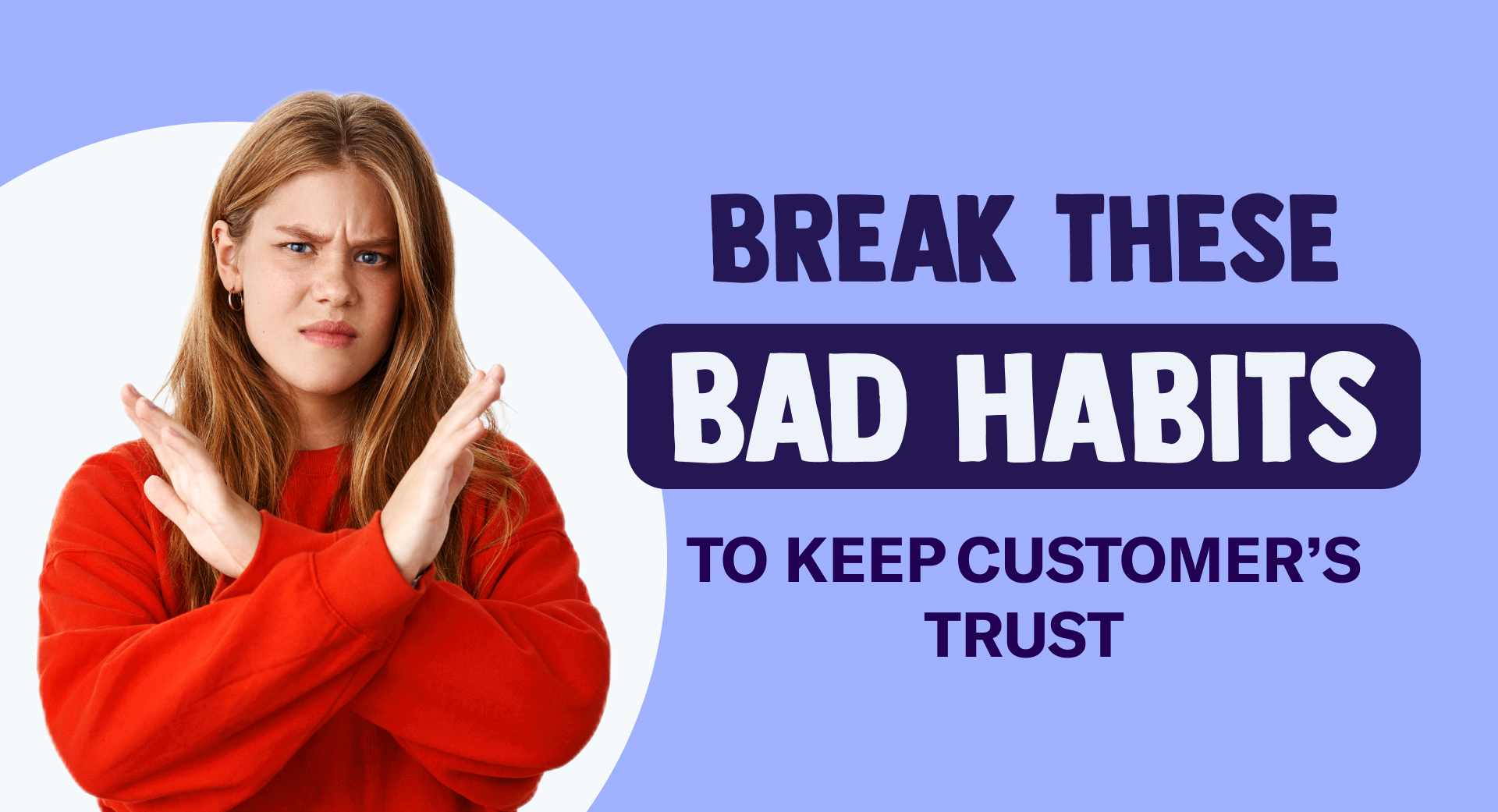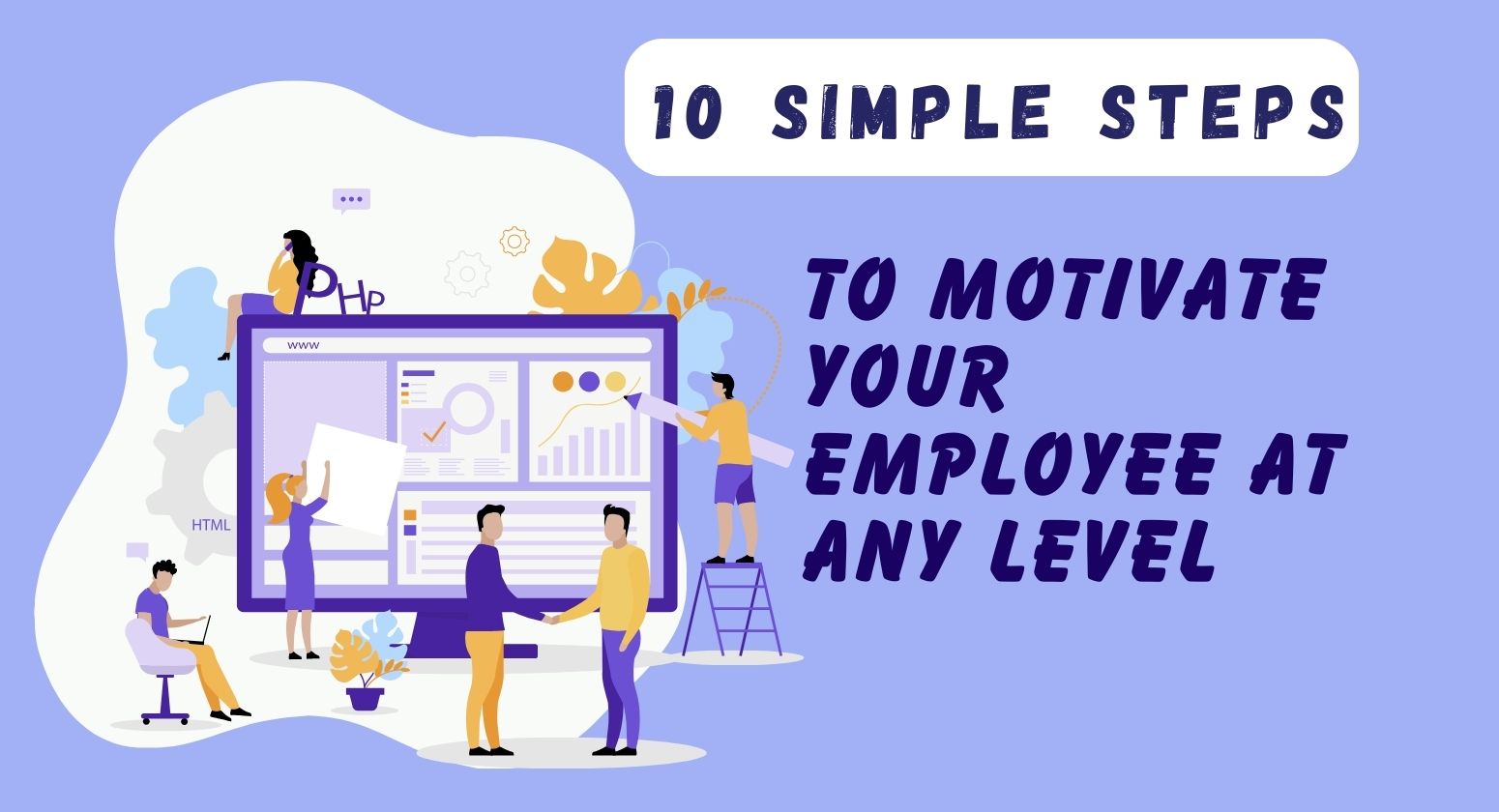
“Success orbits around happiness, not the other way around.” – the Happiness Advantage by Shawn Actor
Richard Branson, CEO of Virgin group puts it: “Loyal employees in any company create loyal customers, who in turn create happy shareholders”. It’s time to replace the old saying “the customer is always right” with a more powerful holistic view – “When I’m happy and make sure my staff are happy, our business, customers and financials are happy”.
In this article we will explore:
- Why happiness matters both on/off the clock
- How Does happiness off the clock affect performance on the clock
- Why and how our happiness can directly affect the performance of our team and business
- How to positively influence staff happiness at work and drive profit and productivity
- How to ensure we protect our happiness by focusing on what we can influence versus what is out of our control
By reading this article we will share why putting profit before happiness might be costing our business money. We’ll dive into why looking after our happiness and the happiness of our staff could not only support our peace of mind but also increase our profits.
How Happiness Affects Company Performance
Research has shown happiness at work has a direct correlation with how companies perform. A series of 2020 surveys conducted on companies identified as having happy employees found:
- Companies with happy staff generated 3x more revenue growth compared to those outside this group
- Happy companies outperformed the stock market by a factor of 3x
- Happy companies experienced 50% less staff turnover than those with unhappy staff
Yet for many individuals and work cultures, happiness is believed to be something we receive or feel from achieving something. This makes happiness dependent on something outside of ourselves:
- Hit that performance/sales target and then we will be happy
- Find yourself a romantic partner and then we will be happy
- Work and sacrifice your best years for that promotion and then we will be happy
- Save up and buy that nice car and then we will be happy
Our Locus of Control directly affects our happiness and our relationship with others, ourselves and even the world. It determines whether we feel empowered in our lives or powerless to control or influence things in our lives – whether we are happy, or need or reliant on something outside ourselves to make us happy.
Happiness Creates Profit & Resolves Problems - Relying on Profits To Create Happiness Creates Problems
As owners or managers of a business, the majority of the time the performance of our staff and the business is what directly affects our happiness, but in reality, we have this backwards. When our happiness suffers our work and those who work for us suffer.
This is where the old saying of separating work and personal comes into play:
- If we are distracted thinking about the performance of our business, what someone did wrong, or things going wrong outside work, we are distracted
- This leaves us in a reactive state led by emotions VERSUS a proactive state led by logic, reason and analytical thinking
Emotional and reactive means we are not using all our capacity and attention to support staff or serve clients/customers. We might skip/miss important meetings with clients or teams, delegate things we shouldn’t, have a knee jerk reaction versus a constructive conversation and generate additional issues or costly mistakes.
Happiness becomes an asset. If we are not present in our work it’s a liability:
- We easily miss important signs and information to warn of potential issues
- We miss or ignore changing customer demands, tech disruptions, or market shift
- Reduction in quality of work can cost us our best clients to leave us for our competitors, or staff to find other jobs with a better working environment
To prevent burn-out and breakdowns, it’s important to ensure our happiness and sanity is protected both on and off the clock. People react to how they are treated, so if we are in a calm and supportive state, we can handle anything and shift breakdowns into breakthroughs!
What is Under Our Control Versus Under Our Influence
For the majority of managers or owners, it is the feeling of having control over our business and the power to motivate and influence our team to do great work, deliver results and grow our business that makes us happy. It brings peace of mind and shows in our financials.
Yet as much as we want to believe we have everything under control, many times it is only under our influence. We can’t control changes in the market, new competitors, or unexpected exits by key staff or clients along with countless other things.
What this means is:
- Our happiness (or the lack of) affects how we treat our staff and the quality of our work and in effect, their work and our companies performance
- How we treat our staff dictates their own happiness, affecting staff turnout over and retention
- Staff are on the front line, which means our positive (or negative) influence indirectly influences the services, experiences or products being delivered to our customers
- Customer experience and sales determine our financial performance and competition
It is important to be driven and to inspire our staff. But it always comes down to their faith in us to execute and run our business that determines whether they stay, leave, go the extra distance or leave early.
This is where delegation, direction, trust, mentoring & developing talent come into play:
- The more we trust and invest in people we can trust, the more people will trust and invest in us (and our business)
- Staff that feel valued and seen are happy, which is felt by customers
- This lowers staff turnover and increases customer loyalty (which leads to greater profit) as people like to be regulars where they know the staff and vice versa
- Loyal staff stick with companies through hard times (such as potentially taking a pay cut to help save the company), or covering a crucial shift last-minute shift
CONCLUSION
Things are rarely under our control. Without knowing it, we directly influence our staff on how to treat customers and their job based on how we show up and treat others. Our faith and trust in our team’s ability to execute and do their job might be the cause of our pain or the path to mentor and support through our ways of being – versus micromanaging to protect our happiness and the results of our business.
The important thing to remember is:
- If we are happy in our present life – we become more present in our lives
- If we are unhappy in our present life – we will most likely be stuck in our heads, analyzing things that distract us from the present, and can lead to costly mistakes
By valuing our own happiness both on and off the clock, we can directly influence the performance of our staff and the performance of our company (whether we are on or off the clock). Being a source of support, encouragement & happiness encourages staff to love their job. This can lead to them taking appropriate risks that pay off and turn into profits and rewards for the company versus playing safe just to keep their job and costing extra work or missing huge opportunities (think of how Blockbuster went down versus Google diversified its portfolio and became a tech giant).
To close, consider updating our motto and approach to how we work to include our 6 pillars for happiness and peace of mind:
- My happiness is an asset to help increase profits and manage my business – the absence of can be liability
- I worry not about the things I cannot control but focus on the things I can influence, simply by inspiring happiness in those I work with me and for me
- When I’m happy I treat staff and clients better, which increases their happiness as well as mine
- Loyal customers prefer to buy from (and loyal staff prefer to work for) people that make them feel valued, inspired, and above all happy
- Happy staff and customers create loyal staff and customers, which also leads to happy financials and a happy me!
- I can be the calm in the centre of any storm, for my happiness is not reliant on results or performance – my happiness is what drives my results and staff performance!





